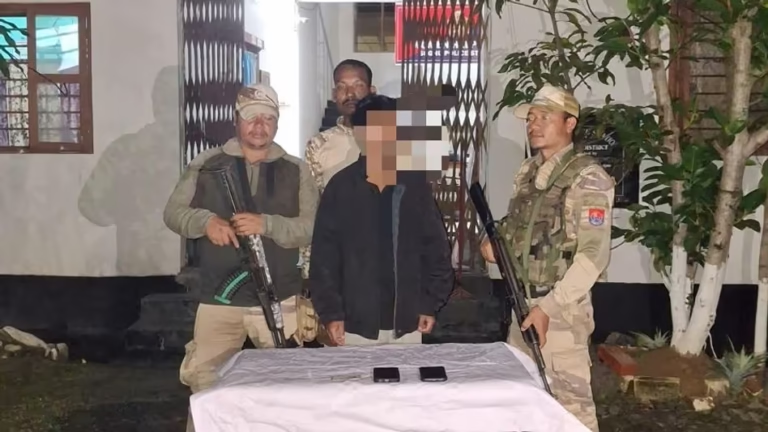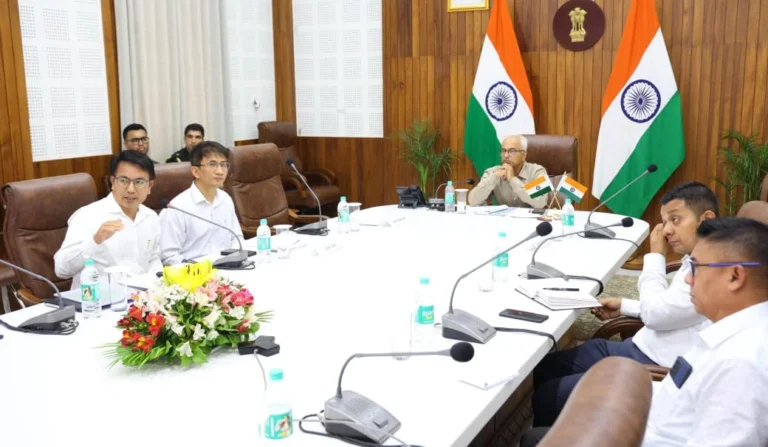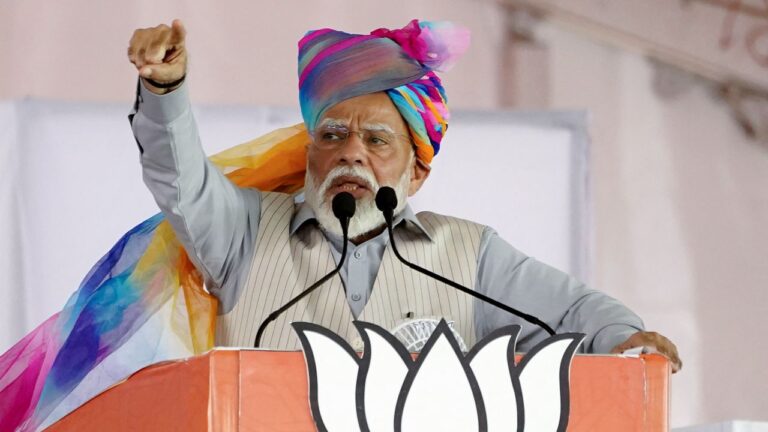Ashok Gehlot Criticizes Manipur CM’s Apology; Holds PM Modi and Amit Shah Accountable for State Violence
Short Summary
Former Rajasthan Chief Minister Ashok Gehlot has criticized Manipur Chief Minister N. Biren Singh’s recent apology for the state’s violent unrest, labeling it as “insufficient.” Gehlot also directed sharp criticism at Prime Minister Narendra Modi and Home Minister Amit Shah, holding them accountable for the deteriorating situation in Manipur.
In-Depth Analysis: Gehlot’s Critique of Leadership Amid Manipur’s Turmoil
Background of the Manipur Crisis
Manipur, a state in northeastern India, has been grappling with severe unrest characterized by violence, including incidents of rape and oppression. The turmoil has led to significant loss of life and property, raising concerns about the effectiveness of both state and central leadership in addressing the crisis.
Gehlot’s Critique of Chief Minister N. Biren Singh
Ashok Gehlot has openly criticized Manipur’s Chief Minister, N. Biren Singh, for his handling of the crisis. Gehlot contends that Singh’s recent public apology is inadequate, given the gravity of the situation. He questions why the Chief Minister was not removed earlier, especially after the loss of over 250 lives, suggesting that a resignation would have been a more appropriate response to uphold dignity and responsibility.
Accountability of Prime Minister Modi and Home Minister Amit Shah
Gehlot extends his criticism to the central leadership, particularly Prime Minister Narendra Modi and Home Minister Amit Shah. He accuses them of neglecting Manipur during its most critical moments, highlighting the Prime Minister’s failure to visit the conflict-hit state as a sign of disregard. Gehlot argues that such a visit would have demonstrated magnanimity and a commitment to resolving the crisis.
Implications of Leadership Response to the Crisis
The response of both state and central leadership to the unrest in Manipur has significant implications for governance and public trust. Gehlot’s critique underscores a perceived lack of timely and effective action, which may have exacerbated the situation. The call for accountability suggests a need for introspection and reassessment of strategies to address such crises in the future.
Public and Political Reactions
Gehlot’s statements have sparked discussions among political circles and the public regarding the adequacy of leadership during times of crisis. His remarks may influence public opinion and could lead to increased scrutiny of the actions taken by both state and central governments in managing the unrest in Manipur.
FAQs
- What prompted Ashok Gehlot’s criticism of Manipur’s leadership?
Gehlot criticized the leadership due to the perceived inadequacy of their response to the violent unrest in Manipur, including the Chief Minister’s apology and the central government’s inaction. - Why does Gehlot believe the Chief Minister should have resigned?
He believes that resignation would have been a more appropriate response to uphold dignity and responsibility, given the loss of over 250 lives during the crisis. - What are Gehlot’s main criticisms of Prime Minister Modi and Home Minister Amit Shah?
Gehlot accuses them of neglecting Manipur during its critical moments, particularly criticizing the Prime Minister for not visiting the conflict-hit state. - How might Gehlot’s statements impact public opinion?
His statements could lead to increased scrutiny of the actions taken by both state and central governments, potentially influencing public opinion regarding their effectiveness in managing the crisis. - What are the broader implications of the leadership’s response to the Manipur crisis?
The response has implications for governance and public trust, highlighting the need for timely and effective action during crises to maintain confidence in leadership.


